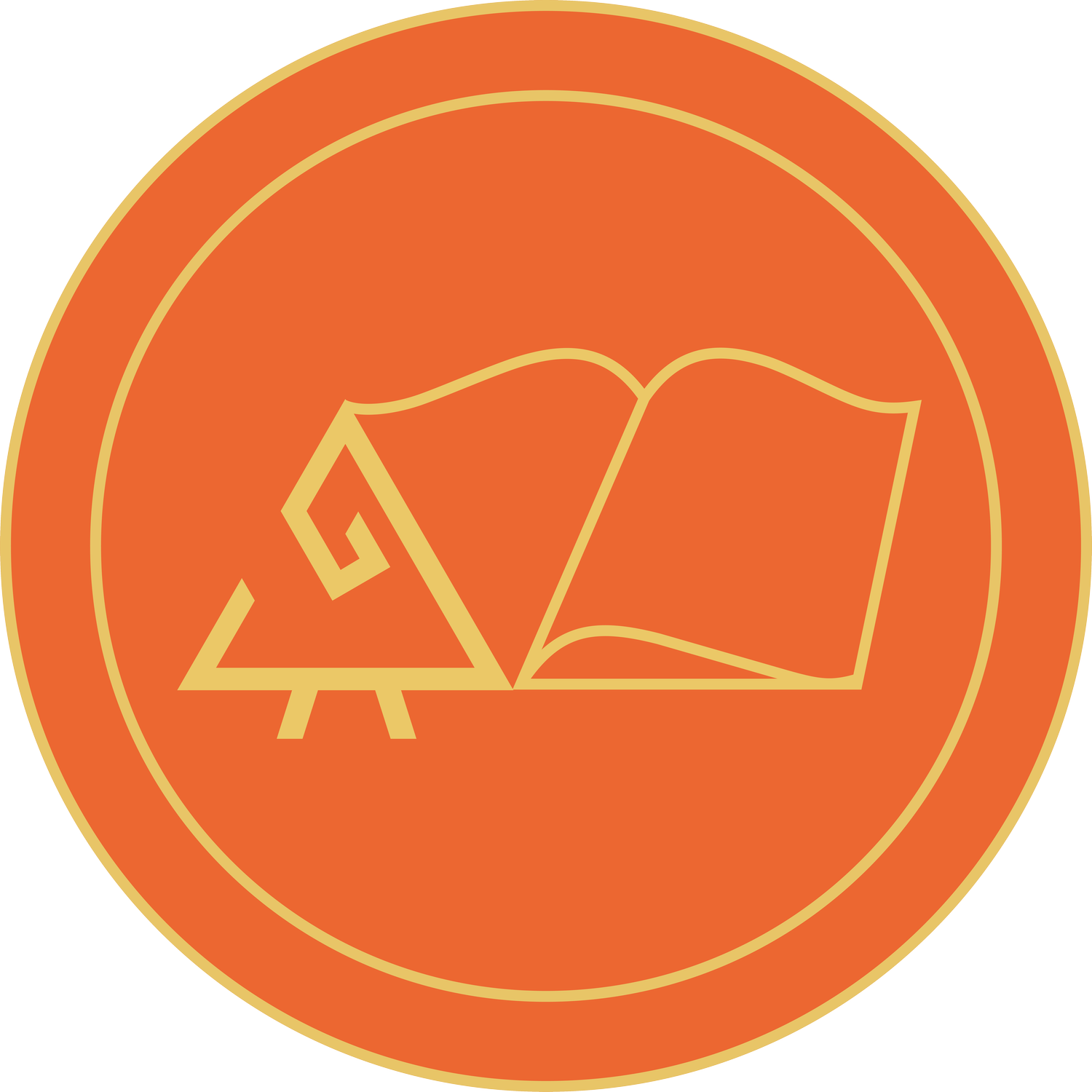Safe Spaces Now
Moving into the music industry from the theatre world and education space, I was vulnerable to being taken advantage of… especially at the beginning of my journey, I was naive to the weighted motives of male music executives and producers, whether personally or within business, and I have memories leaving meetings and sessions quite shaken…
In the moment, I didn’t recognise the signs and felt sad when friends in the industry normalised these experiences. Heartbreakingly, more than 7 in 10 women have been sexually harassed in the UK. Within the music sector, over 60% of workers have experienced sexual harassment - unfortunately, over 95% of these incidents go unreported. Almost half of UK musicians have faced sexual harassment at work, with workplace culture being cited as the greatest barrier to reporting. (YouGov & Press Association, 2018; YouGov for UN Women, 2021; Musicians’ Union, 2019)
Right now, I’m thankful for the circle of people around me who prioritise my safety and freedom, and as things blossom, so grateful for organisations that bring these conversations to light.
Last month, I was privileged to have a ‘Seat at the Table’ - a report in association with PPL UK and Women in CTRL. 100 women across the UK Music industry used their voices to reflect on what having a ‘seat’ meant.
‘A Seat at the Table means unapologetically taking up space - having the privilege to use my voice, gifts and vision for the people in my community who look like me and have had similar experiences; it’s powerful to be a person at the table that you wish you saw when you were growing up.’ Vicky Pasion
Change makers like Kanye King CBE (CEO and Founder of MOBO), Jin Jin (Multi-platinum songwriter), Sian Anderson (DJ, Author, Parlophone Records) and more female music executives all shared their insights to inspire and empower others to continue to create meaningful change within the UK Music industry.
As a mixed woman of colour and second generation immigrant, someone who’s lived in social housing for most of my life, been in the foster care system and had access to free school meals, it’s a privilege to have my voice heard and to be here now. Representation is everything. Thankfully, the results of the report, a year on, shows some progress made in the gender make-up and representation of Black women in leadership positions.
In this light, I’m encouraged to keep growing the courage to own my voice to speak up for what matters, to unapologetically take up space, and to celebrate our progress - whilst also recognising the room left to create a more inclusive industry that reflects the diversity of all perspectives, experiences and cultures.
As spaces for music reopen this Summer, it’s our collective responsibility to ensure that there are more safe spaces for all, especially for women, people of colour and marginalised communities. Music has the power to dissolve boundaries, heal, and viscerally express the experiences of life. In these spaces, we must ensure that we move towards creating safety from harassment, violence, and abuse of power.
More safe spaces are also needed to open up conversation without judgement, to equip us all to recognise red flags and to ensure higher standards for safer studios, live music and workspaces.
If you agree, I urge you to take 2 minutes to sign an open letter created by United Women UK. Join artists like me, Mabel, Anne Marie, Ellie Goulding, MNEK and more as we create a more inclusive, diverse and safer music industry for all.









